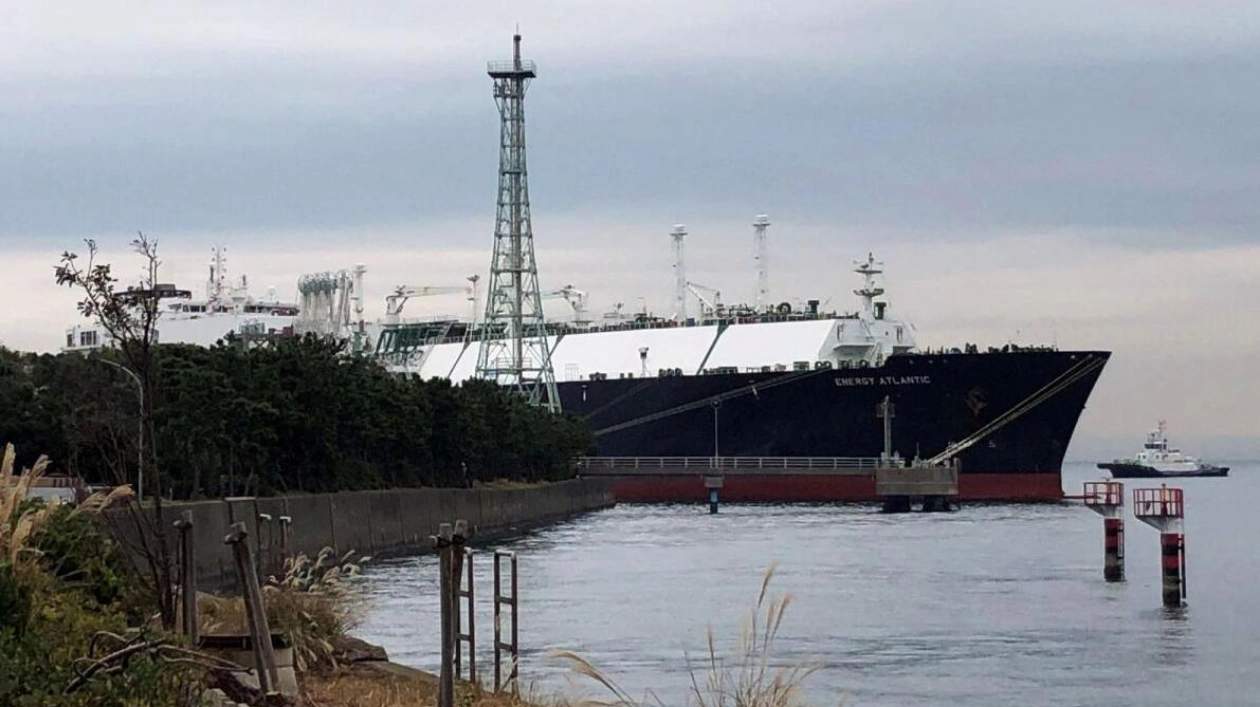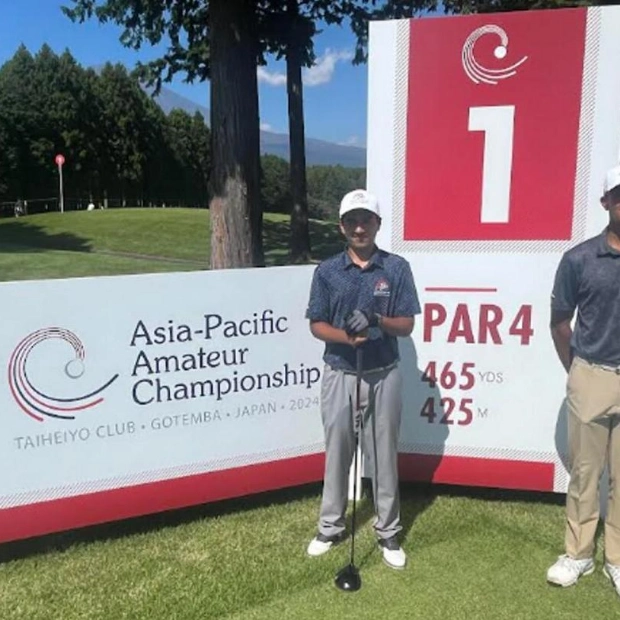An LNG tanker is docked at the Negishi LNG Terminal, a joint venture between Tokyo Gas and JERA, in Yokohama, Japan. — Reuters file
Japan and other major liquefied natural gas (LNG) importers are urging for greater supply flexibility to accommodate fluctuating power demands, according to industry executives speaking on Tuesday. LNG suppliers like Qatar typically favor long-term contracts, often spanning decades, to secure funding for projects that can cost billions. However, with more producers entering the global market, buyers are increasingly seeking shorter-term contracts that allow for cargo resales during periods of low demand.
"What we need is flexibility in both our long- and short-term contracts to navigate the uncertainties we encounter," said Jonathan Westby, senior vice president of LNG at Japan's JERA Global Markets, which handles 40 million metric tonnes of LNG annually. He noted that the company's customer load has become more variable and unpredictable, necessitating LNG purchases and sales based on weather conditions and nuclear power availability.
Japan's LNG demand is expected to decline due to nuclear reactor restarts and increased renewable energy, though the rate of this decline remains uncertain. Nuclear power accounted for nine percent of Japan's power generation last year. After shutting down all 54 reactors following the 2011 Fukushima disaster, Japan now operates 11 reactors, contributing to an eight percent drop in LNG imports last year, the lowest in 14 years.
In China, the top LNG importer, power demand varies significantly between summer and winter and across regions, according to Zhang Yaoyu, global head of LNG and new energies at state-run PetroChina International. "In China, we face substantial supply and demand imbalances," he said. Both JERA and PetroChina, along with other buyers at the Asia Gas Markets Conference, emphasized the importance of supply diversification in managing fluctuating demand.
Sungbok Park, chief marketing officer at LNG supplier Mexico Pacific, noted that while long-term deals are still preferred, contract terms are evolving to offer more flexibility on both the buyer's and seller's side. "This flexibility is crucial as market conditions continue to change, prompting existing producers and suppliers to embrace flexible contract structures," he said. However, new projects still require 15-20 year commitments to meet financing needs.
Intermediaries can help bridge the gap between buyers and sellers, according to Steve Hill, executive vice president at trading house Mercuria. "Producers and buyers have diverging needs over time. Producers typically seek 20-year contracts to secure project financing, while buyers face more uncertainty," he said. "Thus, there is a growing need for intermediaries to manage the risk between what producers and buyers require."
Source link: https://www.khaleejtimes.com






